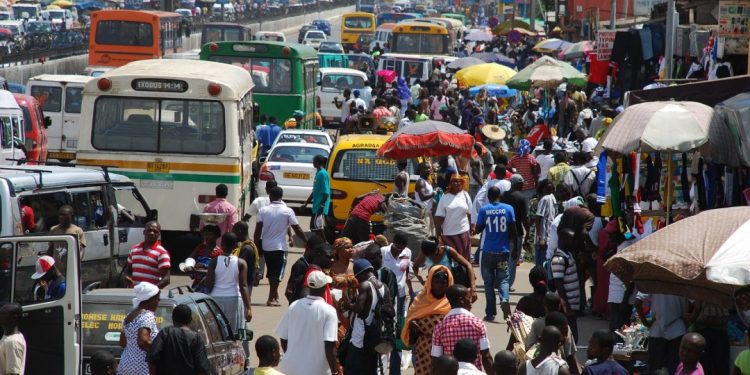
Ghana’s economy is showing signs of growth, but much of the workforce is stuck in what the World Bank describes as “running on a treadmill” moving between jobs without gaining significant improvements in income, job security, or career prospects.
The warning comes from the Bank’s latest Ghana Economic Update, which paints a mixed picture of progress and persistent structural challenges in the labour market.
Between 2012 and 2023, Ghana recorded a net gain of 720,000 jobs in industry and services, sectors generally seen as offering higher productivity. However, this growth was offset by the loss of 470,000 jobs in agriculture, a sector that still employs a large share of the population.
Urban areas absorbed 2.4 million more working-age residents over the decade, yet real wages declined by 3% in the same period, suggesting that the new jobs created are not translating into better living standards.
The report highlights that job creation is not keeping pace with population growth. Youth participation in the workforce has dropped, and approximately one million young Ghanaians have migrated abroad, many in search of better employment opportunities.
Sectors that typically drive upward mobility such as manufacturing, construction, and domestic services remain among the slowest-growing. The Bank warns that without stronger performance in these areas, Ghana risks widening inequality and deepening underemployment.
The report also raises concerns about the diminishing economic returns from education. While more Ghanaians are graduating from secondary and tertiary institutions, the availability of quality jobs has not kept up, leaving many highly educated young people underemployed or in low-paying roles.
Women remain disproportionately concentrated in low-productivity jobs, particularly in informal trade and agriculture, and face significant wage gaps and barriers to advancement compared to men.
Ghana’s working-age population is projected to grow by 4.8 million over the next decade, reaching 25.3 million by 2035. The World Bank warns that without bold reforms, the country could see rising unemployment, lower productivity, and worsening social inequality.
To break the cycle, the Bank is urging the government to focus on:
- Attracting more private investment to create higher-quality jobs
- Boosting productivity in key sectors
- Strengthening the link between education and employment through targeted skills training and apprenticeships
- Expanding economic opportunities for women and other disadvantaged groups
The report concludes that Ghana has “the people and the potential” to achieve inclusive growth, but only if labour market reforms match the pace of economic expansion.















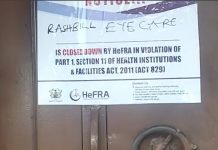
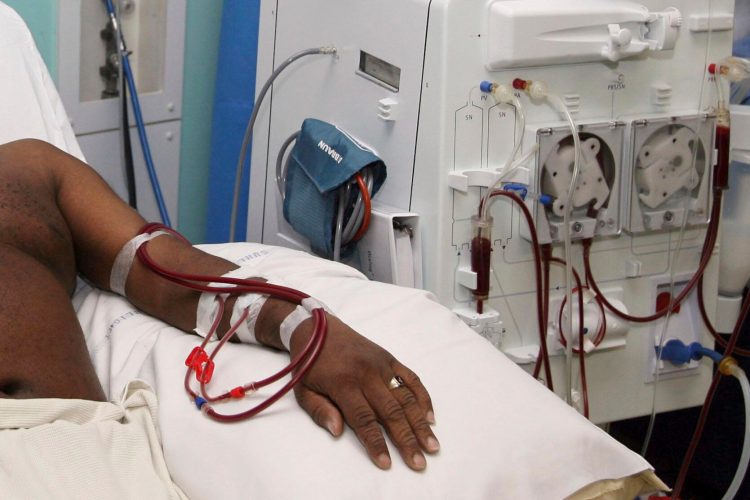






































![[FREE FREE MONEY] Predict and Win a Guaranteed GH¢200 From Us EVERY WEEK](https://wordpress.ghanatalksradio.com/wp-content/uploads/2022/02/Predict-and-Win-Final-09-03-2021-218x150.jpg)
![[Predict & Win – 8th/Oct.] WIN A Guaranteed ¢200 From Us This Week](https://wordpress.ghanatalksradio.com/wp-content/uploads/2021/10/maxresdefault-16-218x150.jpg)
![[Predict & Win – 2nd] WIN A Guaranteed ¢200 From Us This Week](https://wordpress.ghanatalksradio.com/wp-content/uploads/2021/09/maxresdefault-50-218x150.jpg)
![[Predict & Win – 25th] WIN A Guaranteed ¢200 From Us This Week](https://wordpress.ghanatalksradio.com/wp-content/uploads/2021/09/maxresdefault-36-218x150.jpg)
![[Predict & Win – 18th] WIN A Guaranteed ¢200 From Us This Week](https://wordpress.ghanatalksradio.com/wp-content/uploads/2021/09/maxresdefault-23-218x150.jpg)
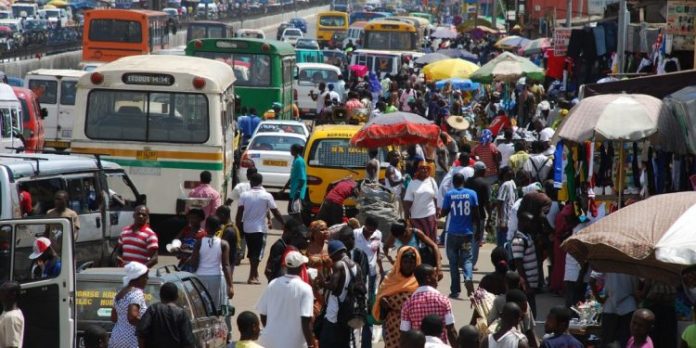

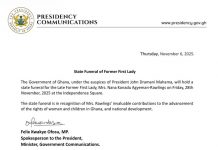








![[National cathedral] See full list of churches that have contributed since 2018](https://wordpress.ghanatalksradio.com/wp-content/uploads/2020/09/Ghana-National-Cathedral-GhanaTalksRadio-100x70.jpg)